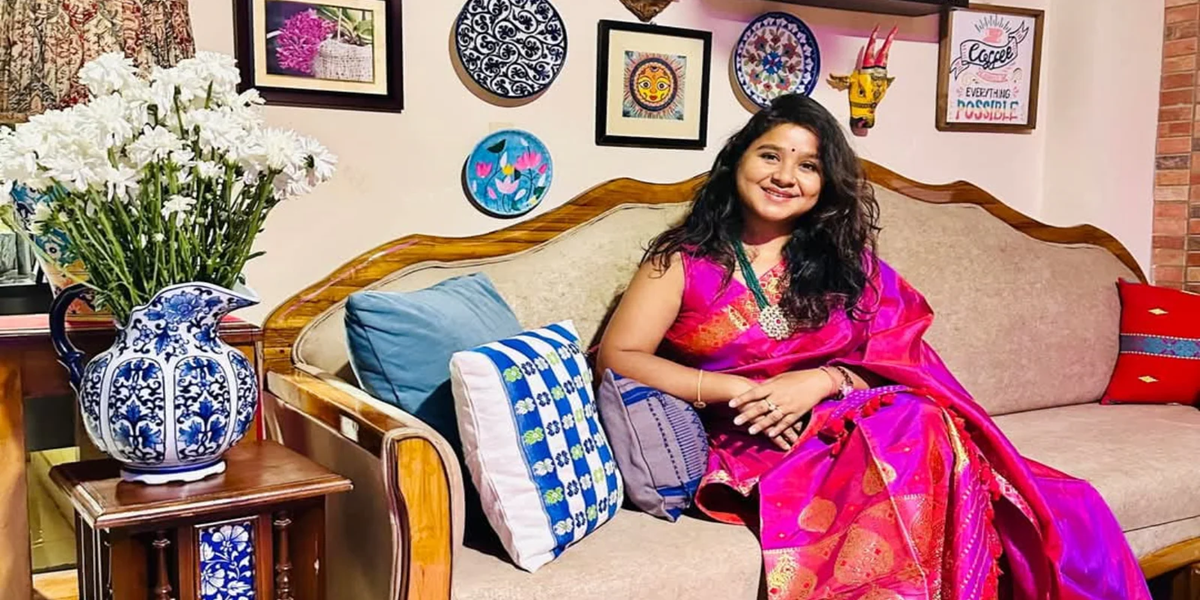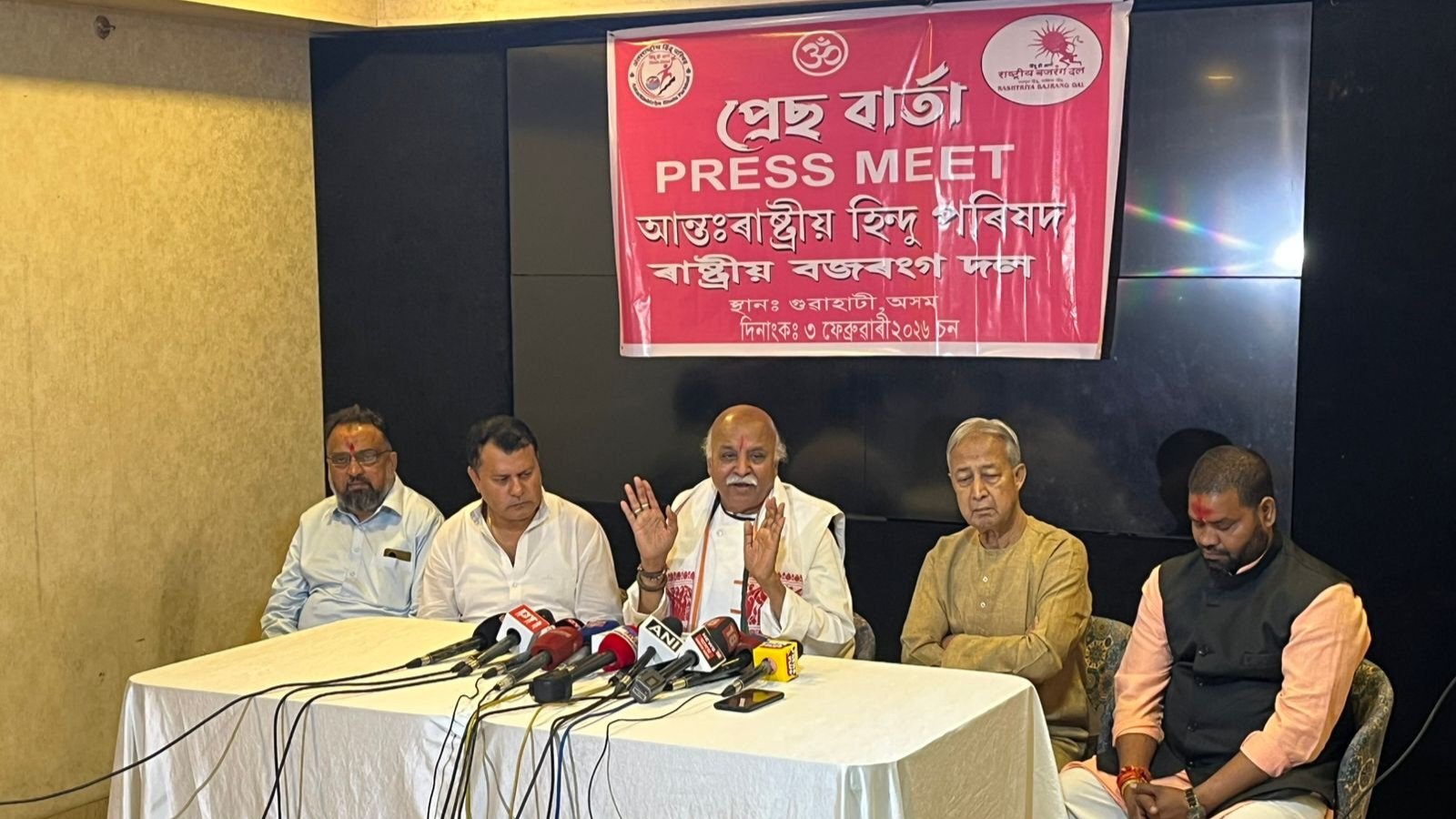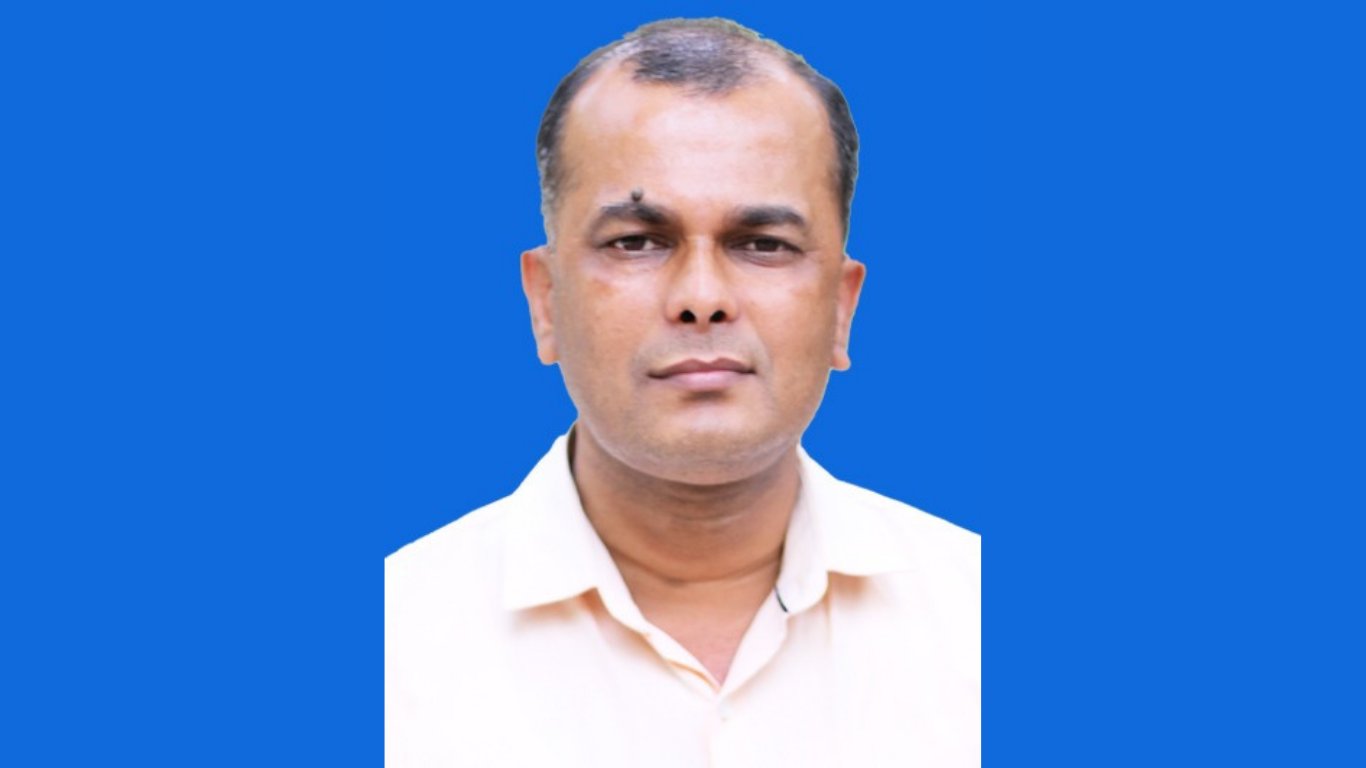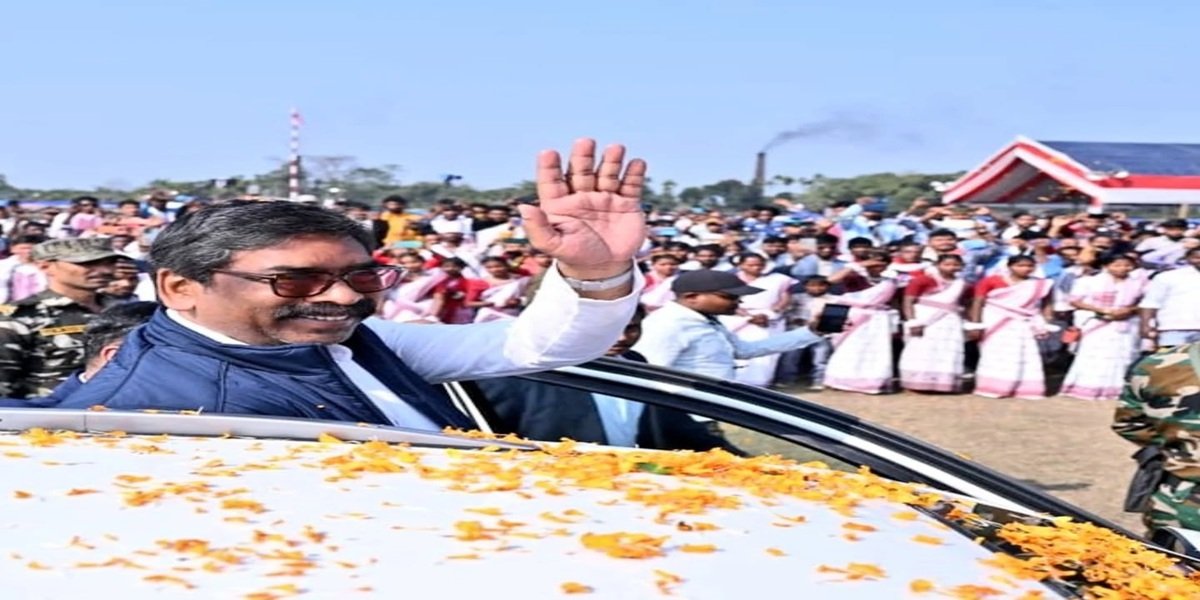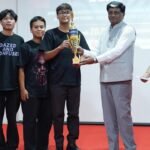In regions where many communities and ethnic groups live together, language often becomes a major barrier to communication. Assam is often called a miniature India because of its rich cultural and linguistic diversity. Just like languages change across Indian states, Assam too has many languages, dialects, and communication styles—even different scripts. This diversity is especially noticeable in tribal-dominated areas.
In such regions, many indigenous groups speak languages from the Tibeto-Burman family. For people who speak Indo-Aryan languages like Assamese, Hindi, or Bengali, communication with these communities can be difficult. In the BTAD (Bodoland Territorial Area Districts), the influence of Tibeto-Burman languages is strong and can be seen in at least 3–4 local languages. In remote villages, language barriers often make daily life harder—especially for those who are not bilingual.
The BTAD area—covering Kokrajhar, Chirang, Baksa, Tamulpur, and Udalguri—is home not just to the Bodo community, but also to speakers of Assamese, Bengali, Barman-Kachari, Deshi, Garo, Hajong, Kharia, Kurukh, Koch-Rajbanshi, Madhesi, Mundari, Nepali, Odia, Rabha, Sadri, Santali, and many more. People from other parts of India or abroad, especially those working in health, education, tourism, or welfare, often face serious communication challenges in these areas.
To solve this problem and promote inclusive growth, the BTR government under the leadership of Promod Boro launched a remarkable initiative—the BTR Communication Bridge. More than just a language guide, this effort aims to create better understanding among 26 culturally and linguistically different communities.
This project is part of a larger movement led by the Bodoland Happiness Mission and the Community Vision Document, both of which aim to encourage community-driven development, inclusive governance, and long-lasting peace. The Communication Bridge reflects a new kind of governance based on empathy, respect, and unity among all communities.
This unique book translates 1,001 commonly used words and 1,001 everyday phrases into 18 local languages—including Bodo, Assamese, Bengali, Rajbanshi, Rabha, Sadri, and others. It helps people connect through shared words and experiences, promoting identity, empathy, and social harmony.
The book is divided into two main parts:
- The first section includes important vocabulary related to health, nature, daily life, and social situations.
- The second section covers useful sentences for day-to-day conversations, family interactions, and common tasks.
It is an essential tool for health workers, teachers, civil servants, and anyone working in areas where language differences might be a challenge.
What truly makes this book special is its deeper meaning. In his foreword, Chief Executive Member Promod Boro writes:
“Language is not merely a medium of communication—it is a vessel of dignity, identity, and peace.”
In short, the BTR Communication Bridge is more than a collection of words—it is a powerful symbol of unity, understanding, and peaceful coexistence. It’s a practical and timely resource for everyone living or working in the BTR region.
Special credit goes to Akash Deep, Chief Secretary of the Bodoland Territorial Council, and Zahid Ahmed Tapadar, Director of the BTC Information and Public Relations Department, for bringing this important and timely project to life.



